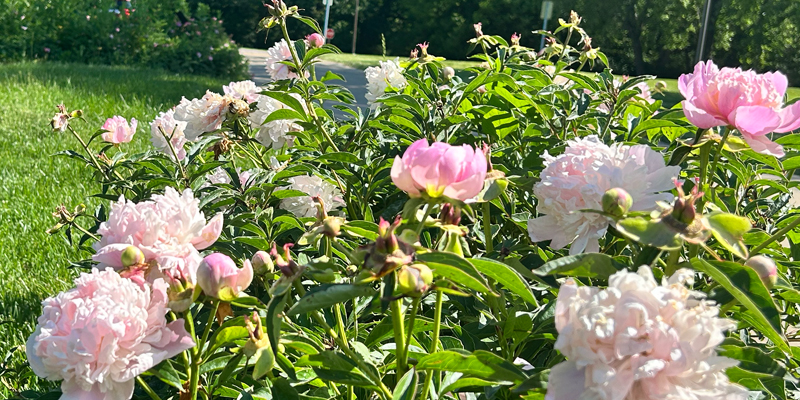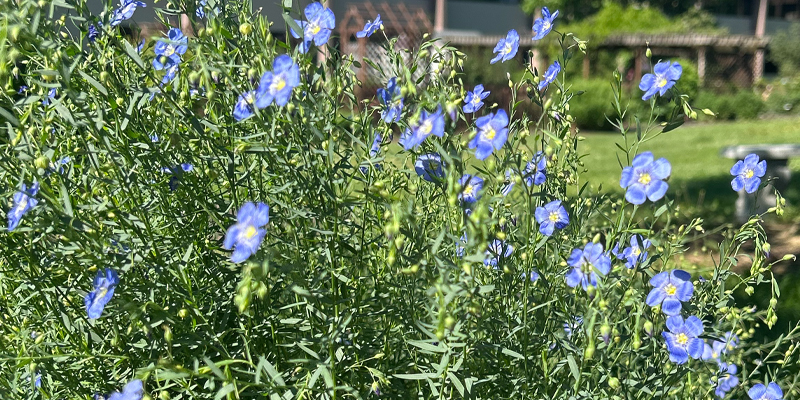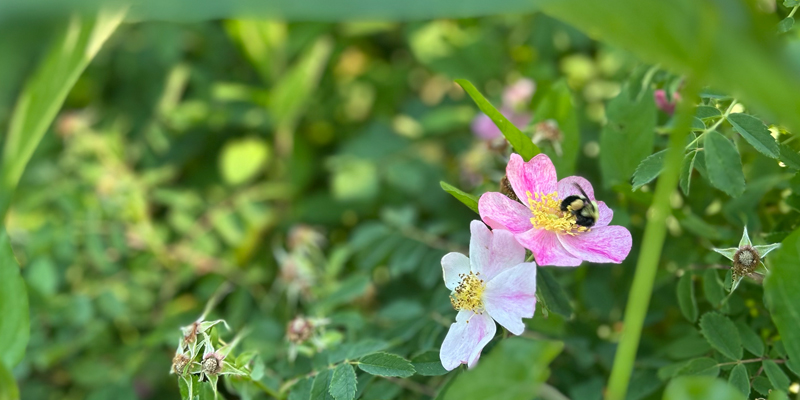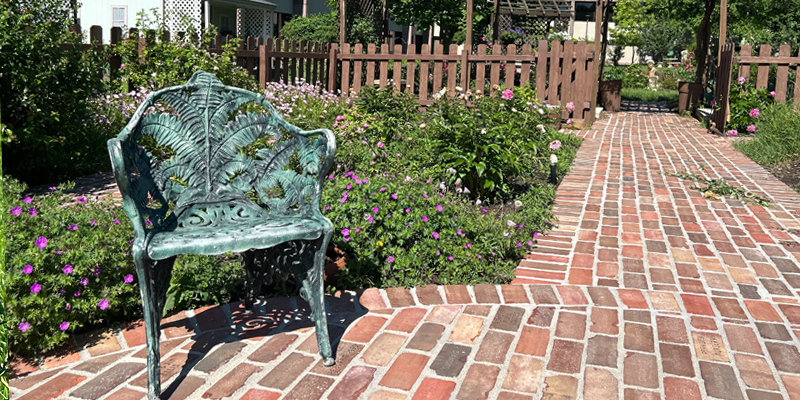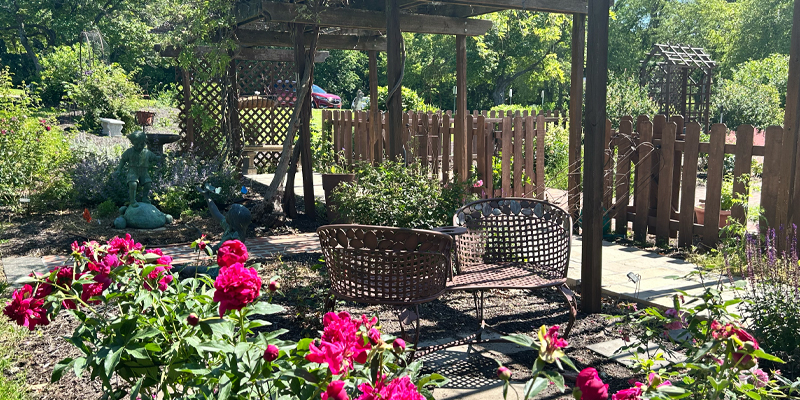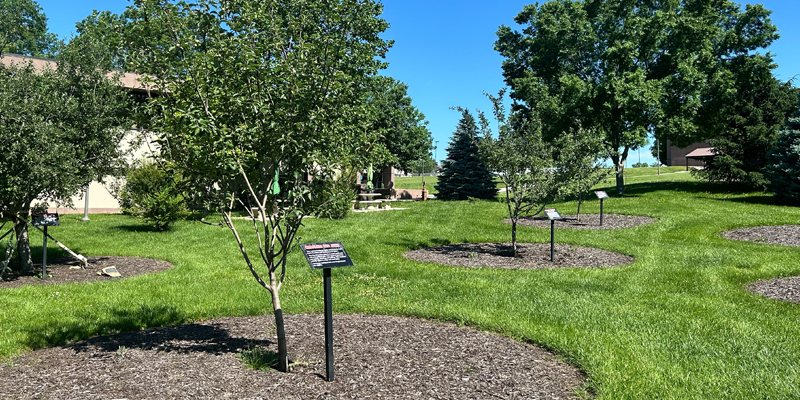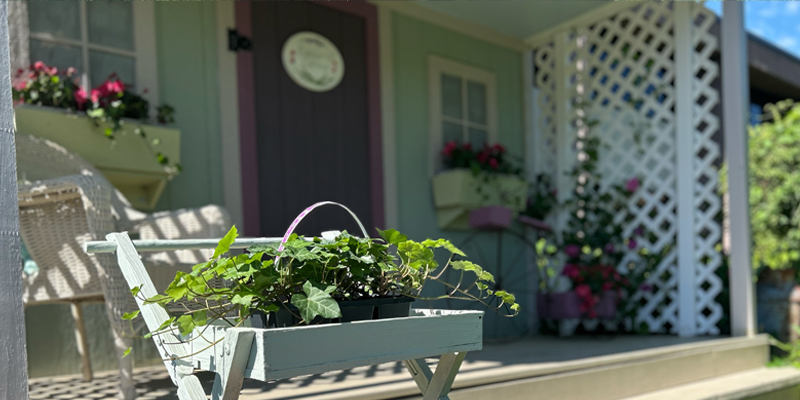The garden is located on the main campus of Kansas City Kansas Community College, north of the Flint Building and south of the Field House.
Colonial Garden: 1607-1805
Depicts the American garden design and plant research (1600-1700s) developed by the United States founding fathers and extends to include the powerful influence of President Thomas Jefferson’s influence on American horticulture. Such contributions were evident in our local gardens being grown by new settlers.
Garden Tours
Garden Tours are conducted March through August by arrangement.
Contact Pam Louis-Walden, docent and curator. Call or email at: plouis01@yahoo.com.
(913) 620-6930
